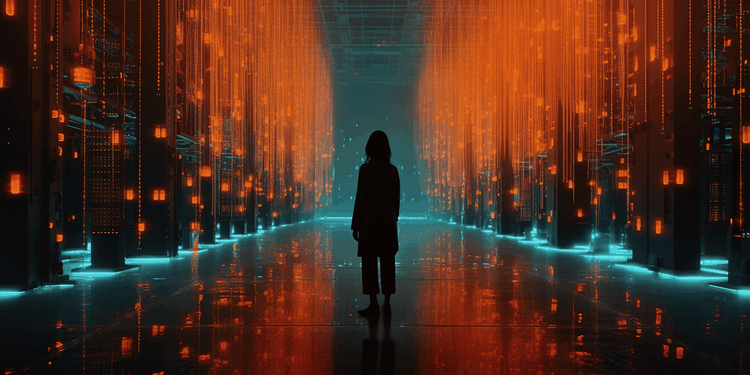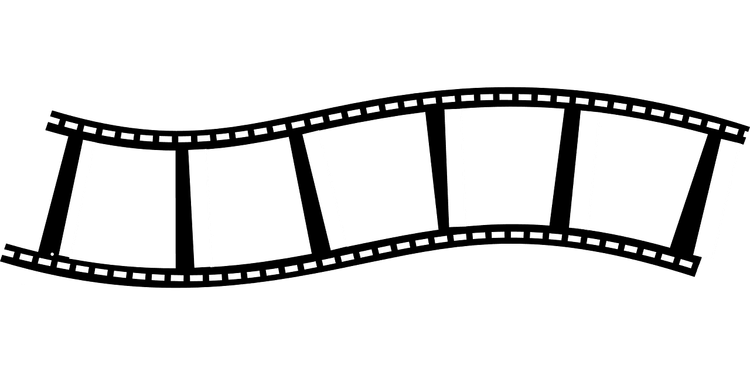New Tool Empowers Artists to Combat AI Image Bots by Concealing Corrupted Data in Plain Sight
Most people like

Smodin is an innovative platform designed to enhance writing skills through a variety of tools tailored for students, professionals, and content creators around the world.

Discover how the Extrapolate app utilizes advanced AI technology to provide you with insights on your aging process—all while ensuring your privacy and offering a completely free experience.

Whisper Memos is an innovative AI-driven application that transforms voice memos into accurate transcripts. Perfect for professionals and students alike, this tool enhances productivity by simplifying the process of documenting thoughts and ideas.
Find AI tools in YBX




